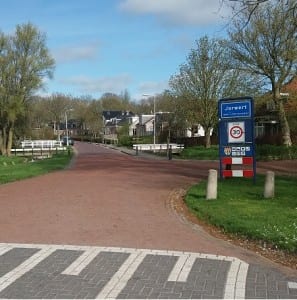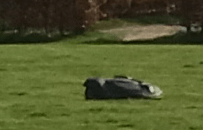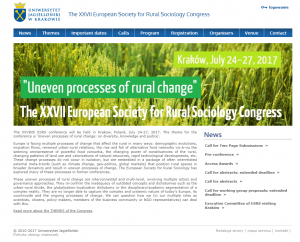As politicians and civil servants begin to think about the future outside of the EU, this is an important time to capitalise on the national level of political engagement and encourage new ideas that can push the UK ahead of the rest of Europe. That way we can continue to be influential on a global scale by setting the examples that others will want to follow.
In terms of rural policy, agriculture outside of the CAP will undoubtedly face challenges but equally it can free up entrepreneurial farmers to react to the market rather than to policy changes. We need the leading agricultural and trade economists to inform policy that gives the agriculture sector fair chances in the global markets but we cannot rely on the same level of expenditure that CAP provided.
In my field of rural development, policies such as LEADER have operated with much smaller budgets but with many procedural limitations. This provides new opportunities to think about how this money is used to promote business and communities to thrive in our rural areas. Public investment should focus on innovations of all kinds – and ones that will give new futures to businesses and community organisations. We cannot afford to prop up failing businesses but we can use a range of initiatives to help ambitious enterprises to innovate – whether that is soft loans to invest in new technology, training programmes and networks to raise the profile and skills levels of rural economies or infrastructure links to provide a more level playing field.
For communities, we must not forget rural poverty and inequalities but we also face new challenges of service provision in an era of austerity and ageing rural populations. How can businesses capitalise on new opportunities? How can rural places benefit from wider mobility and the connections that people further afield retain to rural places? Why can’t we have a platform that allows crowd funding of village services to provide a kick-back to investors – whether that’s a free Sunday lunch in the pub or a vote on the type of swing that is bought for the playground? This feels more democratic that the Parish Council precept model as people could buy into the services and facilities that they care about – and people who don’t live in the village could also participate.
Over the coming months, I look forward to working with a number of colleagues working on rural research from the Universities of Kent, Sussex, Exeter and Warwick to provide the baseline information and to come up with new ideas and approaches as we move into a new era of rural policy for the UK.
 The main message is that there are new opportunities for rural development once rural economies are viewed distinct from agriculture and seen as home to enterprising, mobile and diverse communities.
The main message is that there are new opportunities for rural development once rural economies are viewed distinct from agriculture and seen as home to enterprising, mobile and diverse communities.



